Let's peel back the lid of America's most popular brand of Greek-style yogurt.
As the leader in production worldwide, it would be easy to assume the following tale is one of corporate greed, given the brand's speed to scale – a testimony to their product's taste – but despite its size, Chobani has at its heart a set of key values intent on creating a positive impact. From products to people, the yogurt company has defined a recipe for socially-conscious success.
Shepherding the brand's loyal fans and community is CEO and founder Hamdi Ulukaya, who – upon moving to New York from his native Turkey – stumbled upon a postcard in the mail for a shuttered yogurt dairy plant in Edmeston, New York.
They say Hamdi initially threw the ad out, but evidently fished it out of the trash later.
He recognized a gap in the market for a protein-packed Greek yogurt but also saw the many ways a profitable business could bring a positive impact to his new community. Including environmental, social, and sustainable practices: core values far greater than the profiteering preoccupations one might expect from such a successful organization.

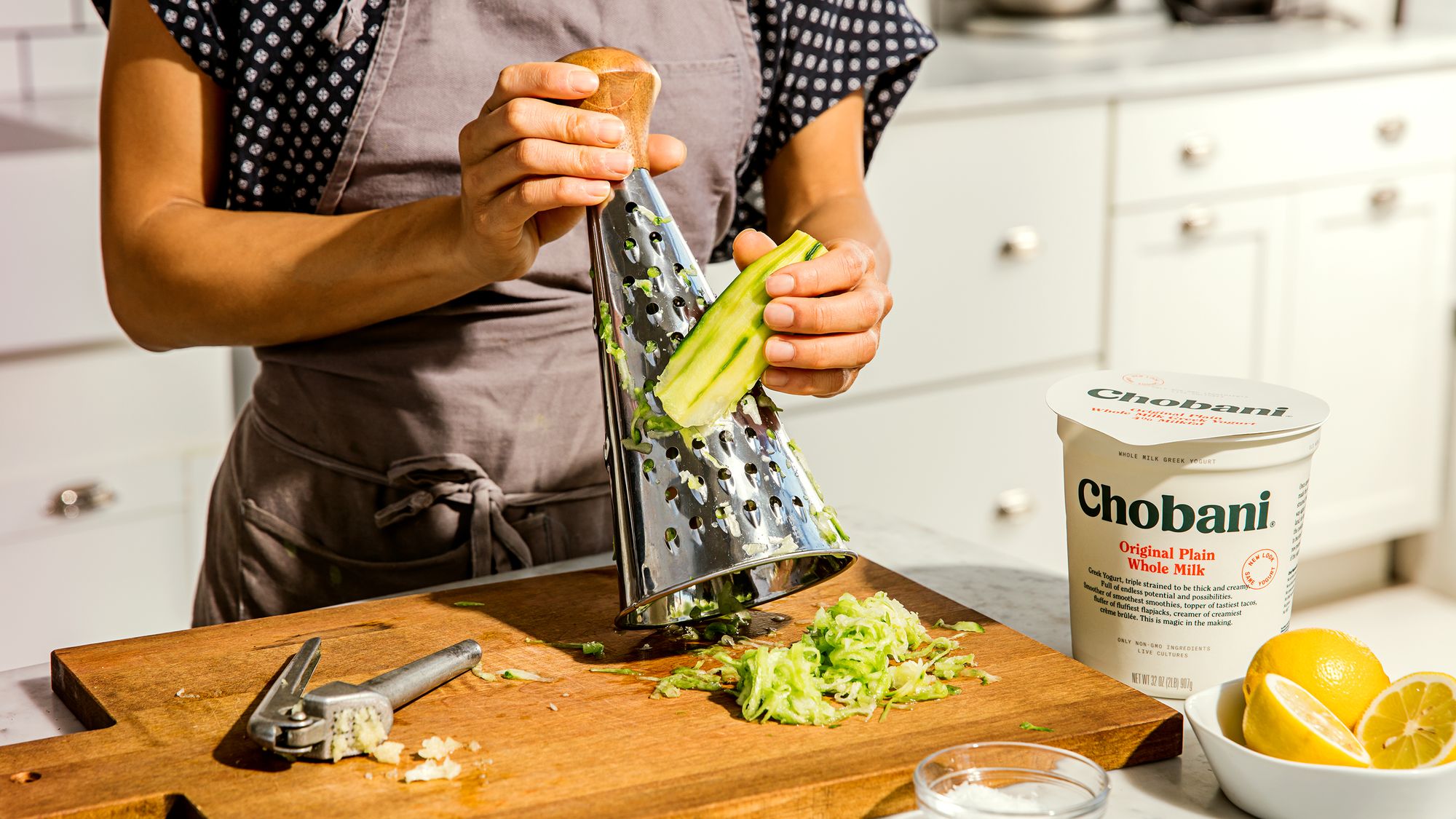
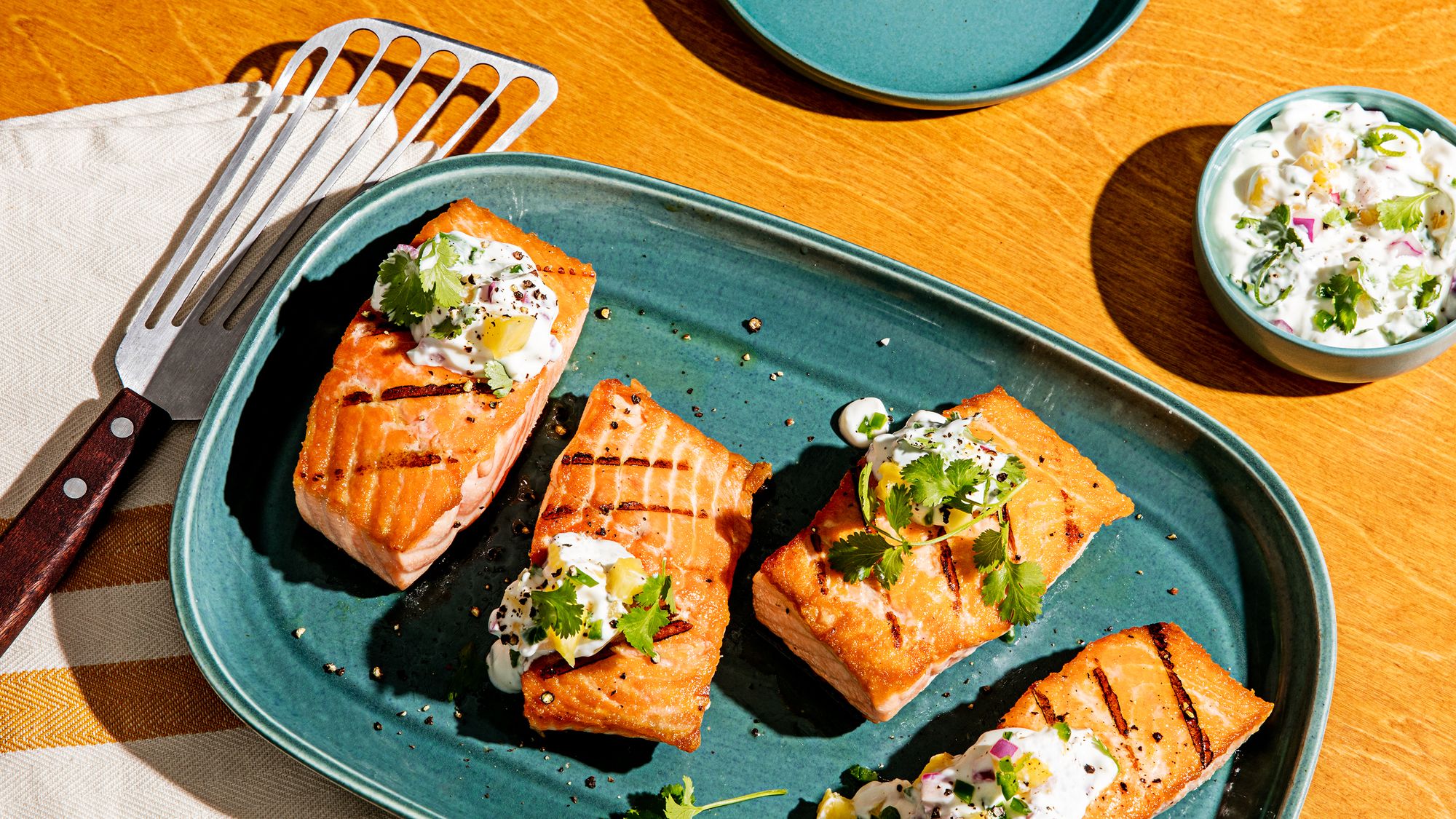


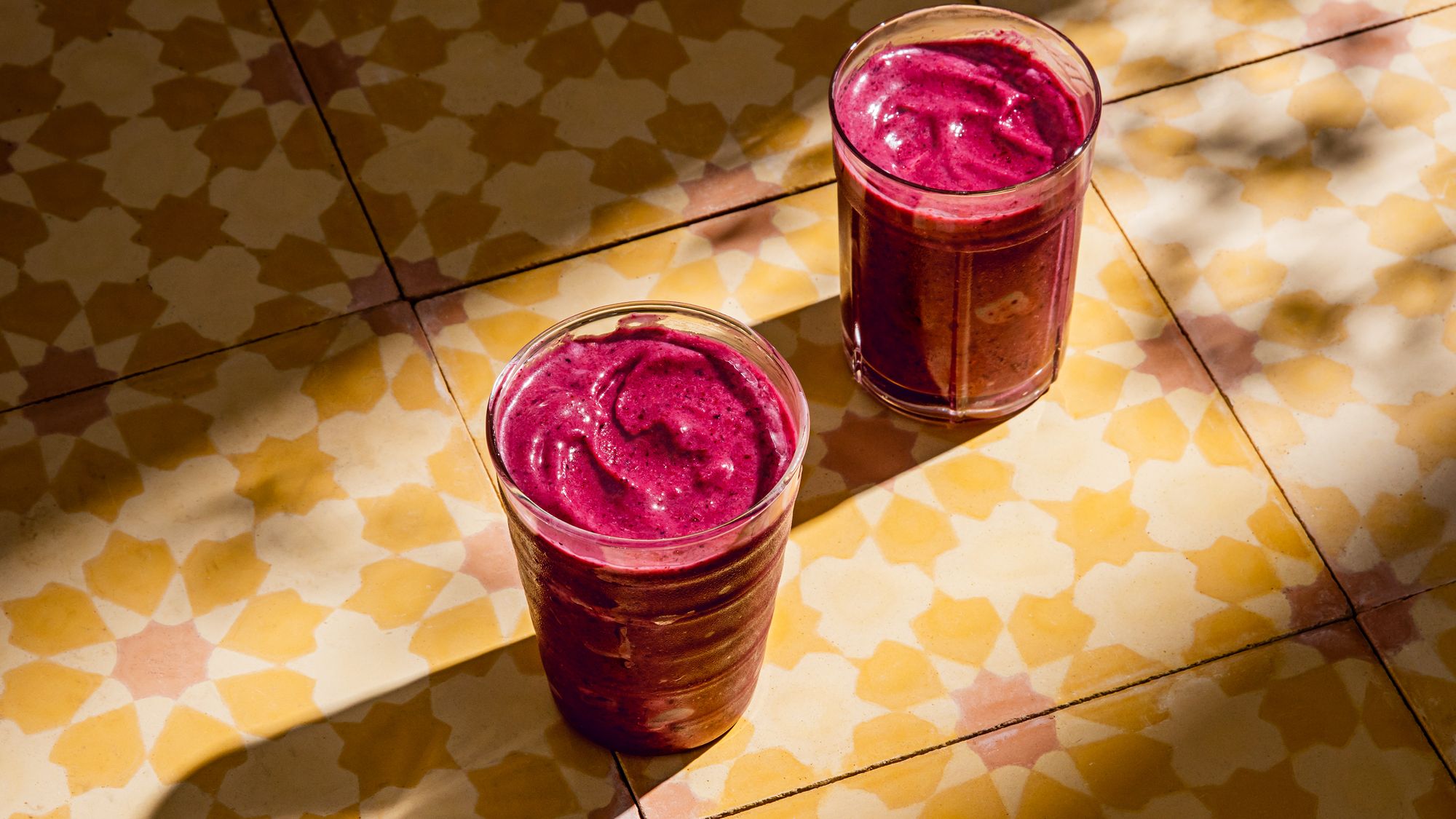
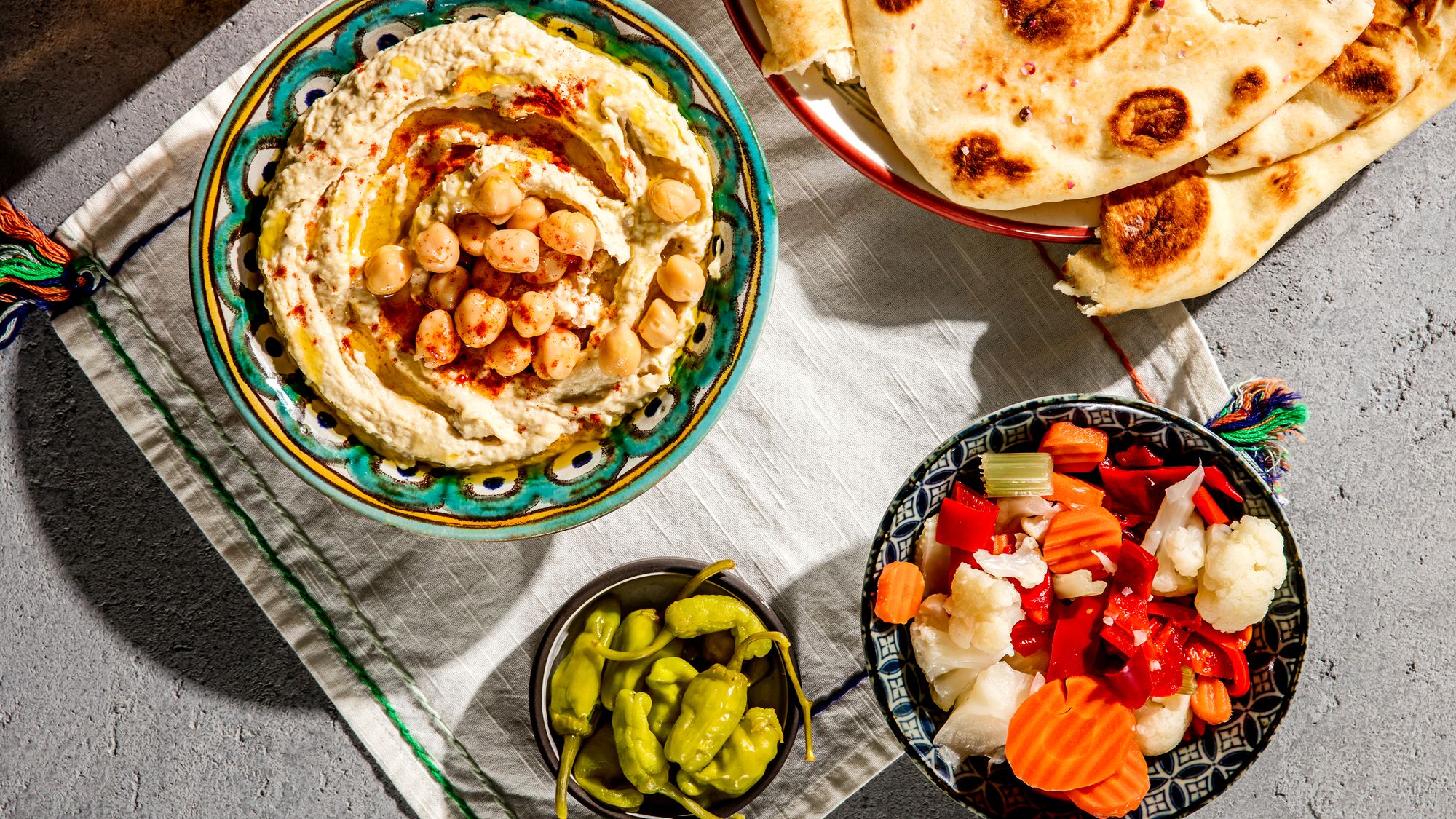
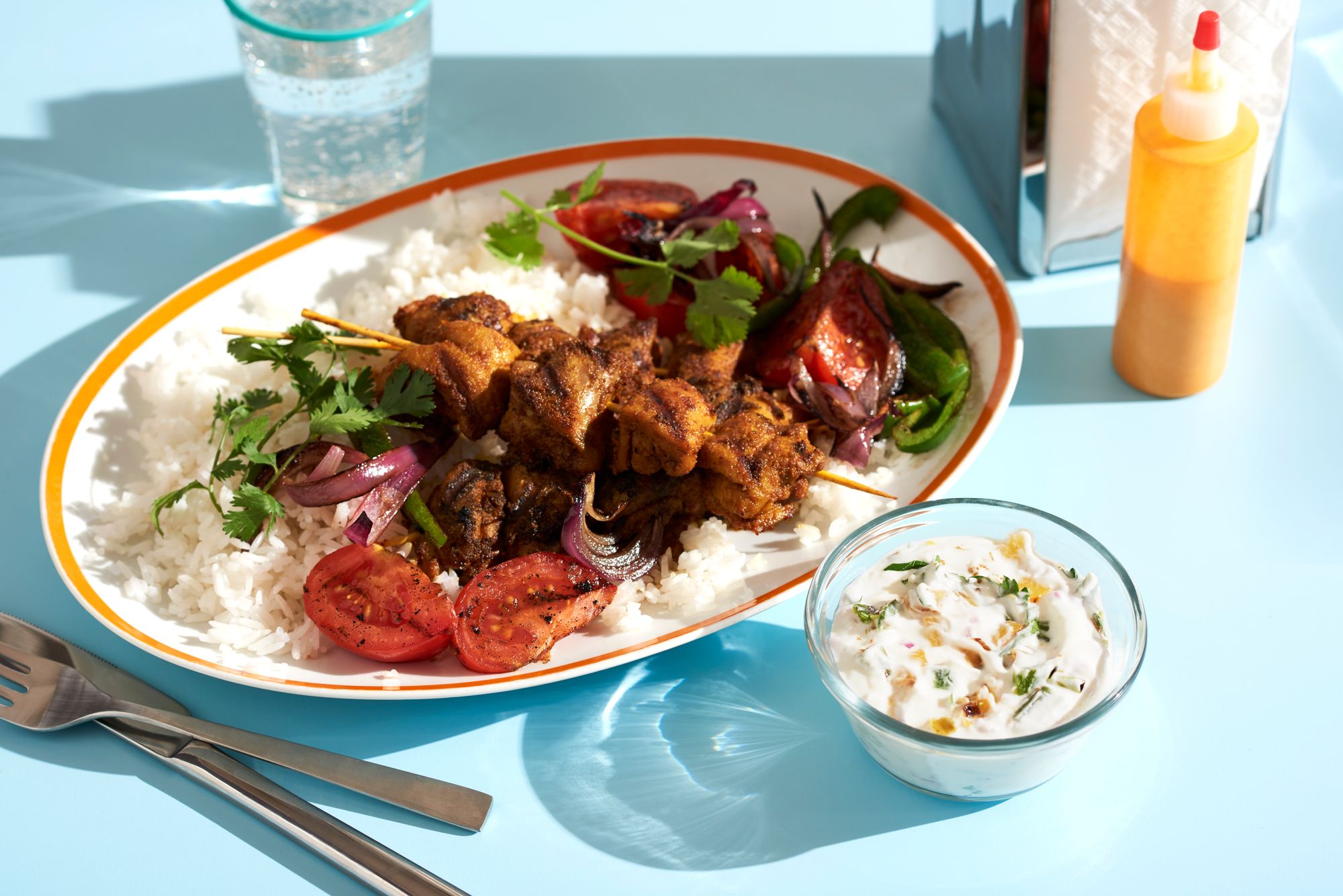
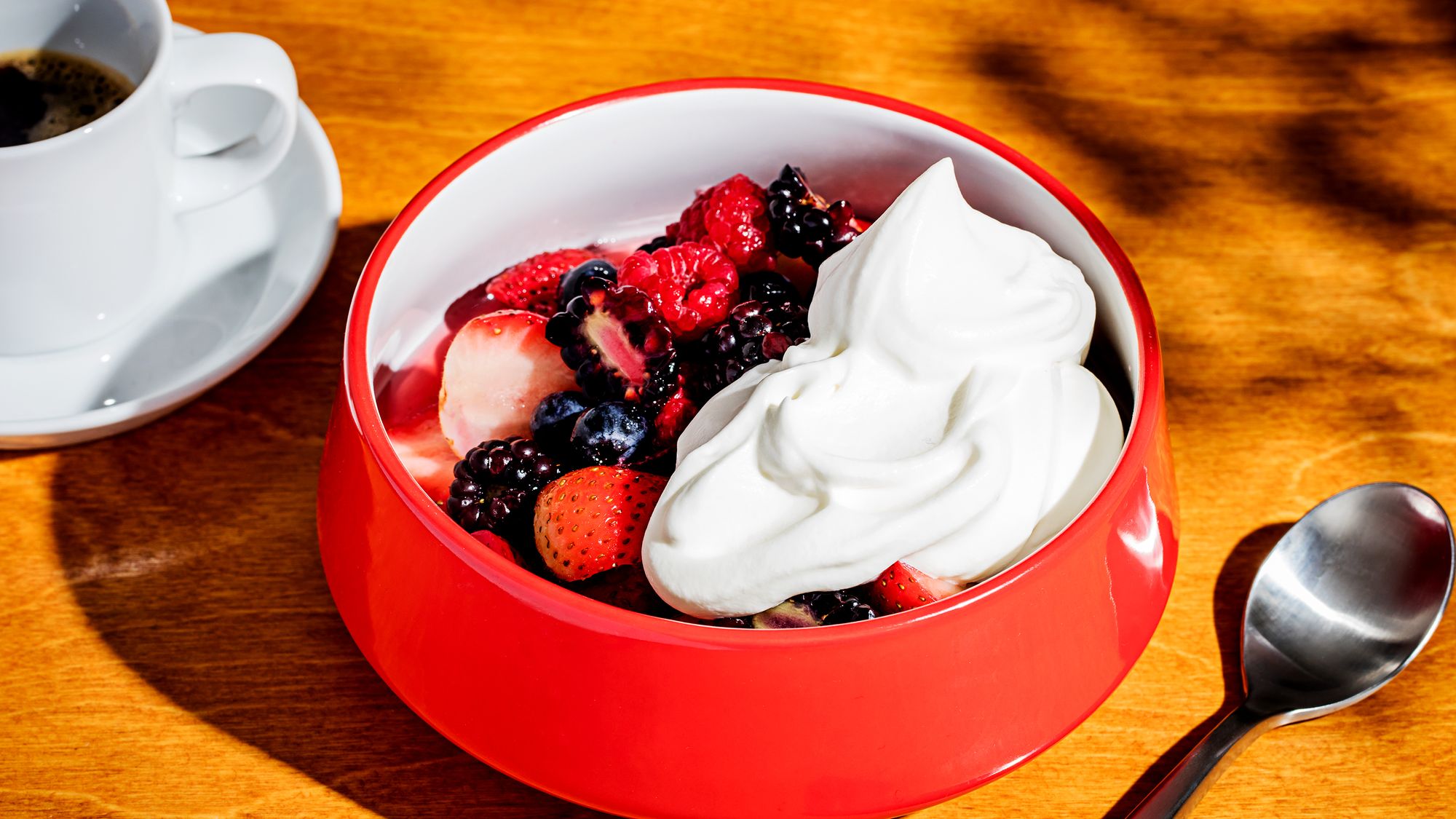
'Chobani' means 'shepherd' in Turkish; a steadfast, constant reminder of the company's role as a market leader yet also its self-identified responsibility to protect and guide.
14 years after their first yogurt went on sale, Chobani's product offering has grown into a diverse range, including conventional styles alongside more contemporary twists.
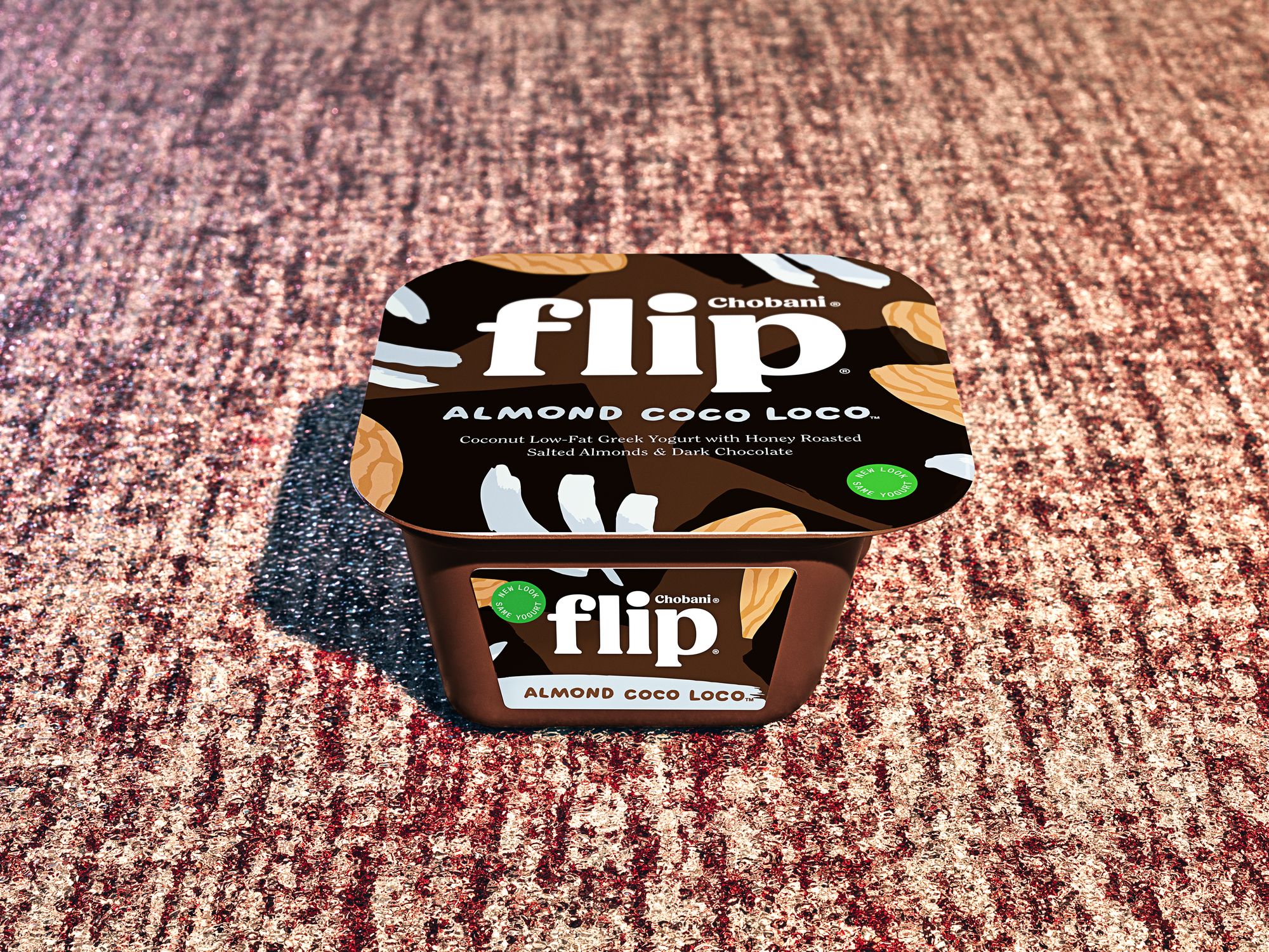
Their trademark 'Chobani Flip', debuting in 2014 with 'all-natural additions to mix in', claimed the Nielsen Breakthrough Innovation Award in 2016.
Outside the yogurt aisle, Chobani has built upon its experience in the dairy industry to diversify into iced coffee and beverage creamers too.
But back to the beginning: a company cannot transform itself into a socially-focused force for good without a strong-selling brand to build upon. And for Chobani, that positive distinction began with their ingredient choices. Ridding all genetically modified organisms (GMOs), artificial sweeteners, and preservatives, their products have proved exceedingly popular across an expanding audience: rising to the top spot of 'America's favorite Greek yogurt' within just three years of sales.
In keeping with the brand's reputation for offering opportunity, alongside traditional dairy-based products sit an extensive selection of plant-based alternatives; very much an integral aspect of Chobani's core product range.
With yogurts, milk, and coffee all available in dairy-free variants, those with diverse dietary requirements – including lactose-free or vegan lifestyles - are in no way represented as a marginalized minority, but rather, a market to whom an equal invitation is extended.
With all options packaged as part of a unified product line (albeit clearly labeled), the brand as a whole successfully blends traditional tastes and contemporary choices – an unusual 'best of both worlds' in a market known to align itself unanimously with one 'side' or another.
This inclusive stance is refreshing: other oat-based beverages, for example, draw deeply upon their disdain of the dairy industry – a dislike that manifests in their marketing. (Although many consumers align their dietary requirements to similar personal preoccupations, the sense of 'superiority' some brands vocalize inevitably deepens divisions.) Chobani doesn't employ divisive tactics; instead, they offer informed options, providing an appropriate product that respects the diversities of individual diets and beliefs. Whether you're looking for coconut-based yogurt (which "even consumers who aren't avoiding dairy love") to creamy cows' milk, the inclusive range of products is open to all. The choice remains yours to make.
Perhaps, the most apparent reason Chobani does not 'demonize dairy' is their ongoing interest surrounding the standards of the industry itself – advocating for animal welfare and worker rights alongside longer-term community commitments. Recognizing that milk remains their main ingredient, Chobani's support program – entitled 'Milk Matters' – is a crucial commitment in supporting lives and livelihoods in the dairy-industry.
While many early food brands may intend to identify and fulfill a particular niche – targeting a typical client - Chobani's overall appeal is apparently universal, unrestricted to followers of a specific trend or taste.
From the people who consume their products to the people who produce them, community philanthropy remains at the heart of Chobani's agenda – including programs to combat childhood malnutrition and raising funding for vulnerable families.
Ultimately, such altruistic work is only possible through Chobani's continued commercial success – the source of its income – and the company acknowledges the power businesses possess to shine a spotlight on social improvement.
Chobani's original factory – bought from Kraft foods in 2005 - was only made possible through Small Business Association loan. Just five years later, the companies charitable arm was created to offer similar start-ups the chance to grow. Recognizing the significant social impact that "small companies with big hearts" could create, the 'Chobani Incubator' was born. To date, it has paired 47 small companies with opportunities to share their similar visions and values, providing funding to help "take on broken food systems."
At Chobani, rewarding individuals' efforts seem to be defined differently, too. In April 2016, Hamdi Ulukaya announced an unusually altruistic move for such a big business: offering its 2,000 full-time employees shares (up to 10% in total) in the company they had helped nurture and grow, based on their length of employment.
This generous gift reflects the value the company continues to place on its community. Highlighting the hard work of their diverse team. As Chobani purportedly considers 'going public' via an IPO (Initial Public Offering) later this year - as the Wall Street Journal estimating its worth at between $7-10 billion – it seems their shepherd is ever-eager to support his loyal flock.
"It's always been about more than the yogurt", explains Hamdi. And as the company prepares to partner up with PepsiCo Inc to further widen its distribution capabilities, the founder's 2018 goal - to "make universal wellness happen sooner" – certainly seems well on the way to realization.
When walking through the yogurt aisle, do you pick up Chobani? Let us know why, below.

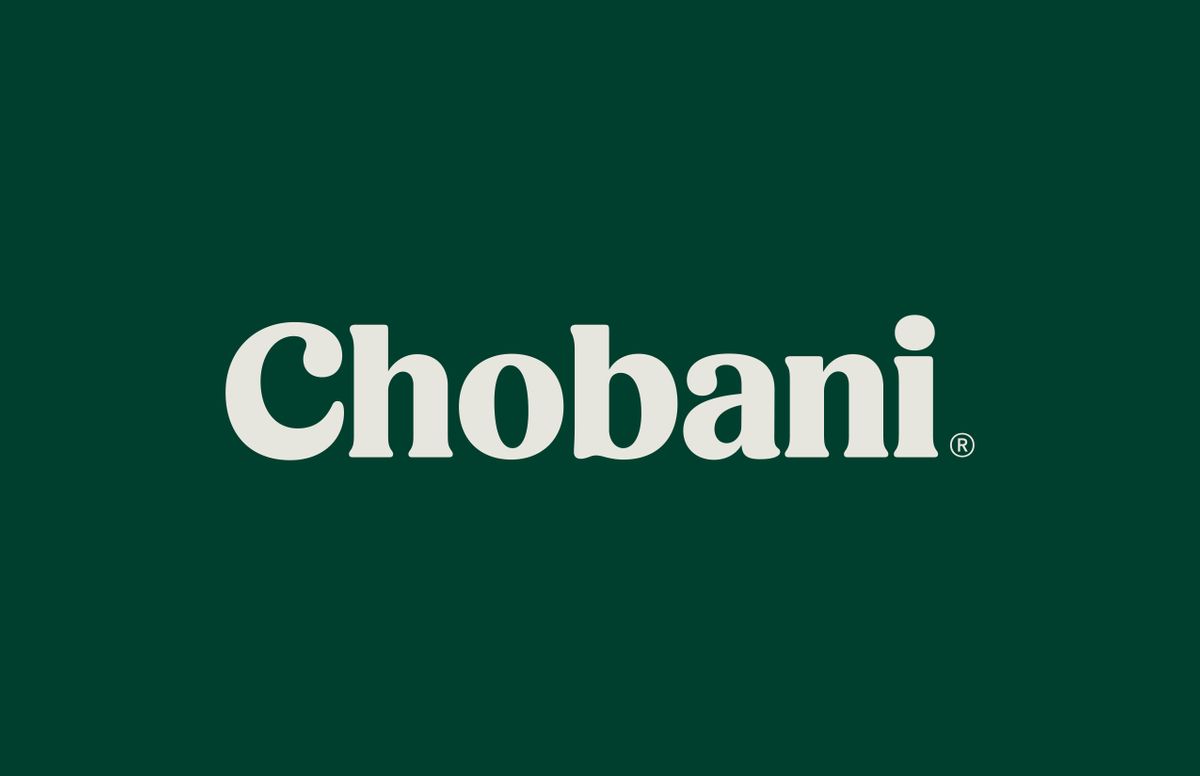


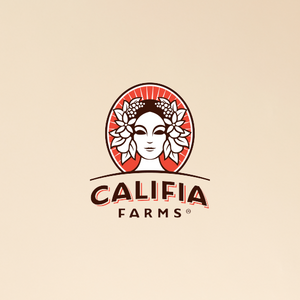
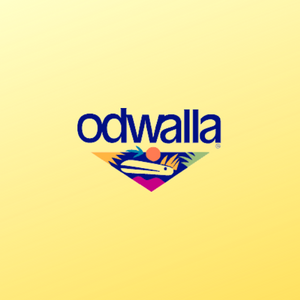
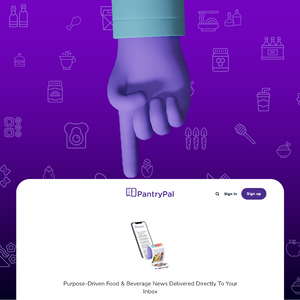
Comments
Sign in or become a Pantry Pal member to read and leave comments.
Just enter your email below to get a log in link.